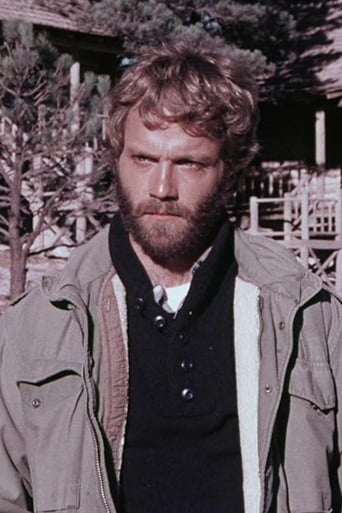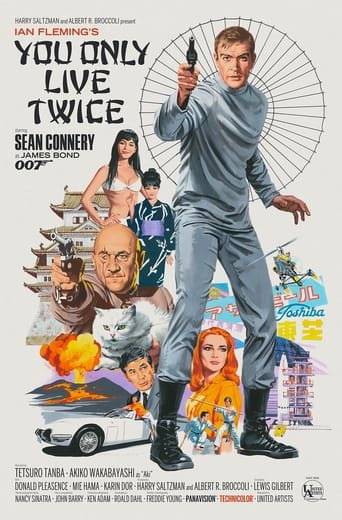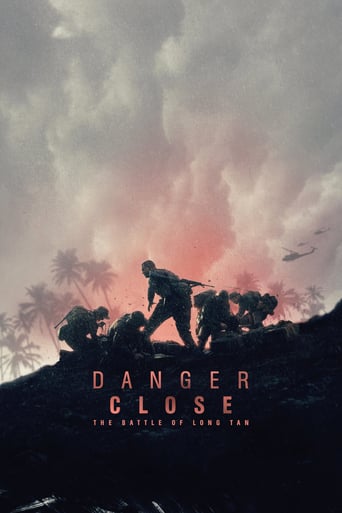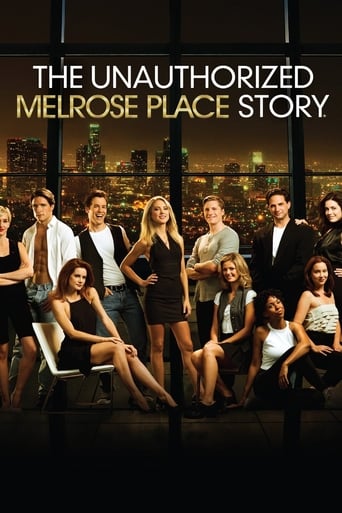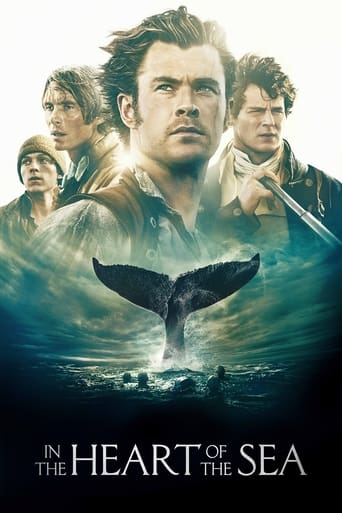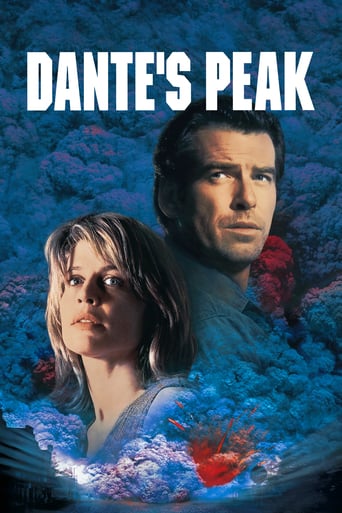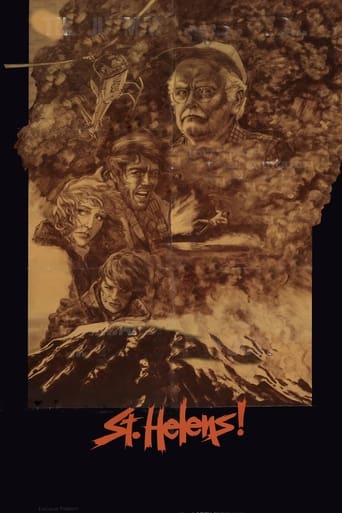
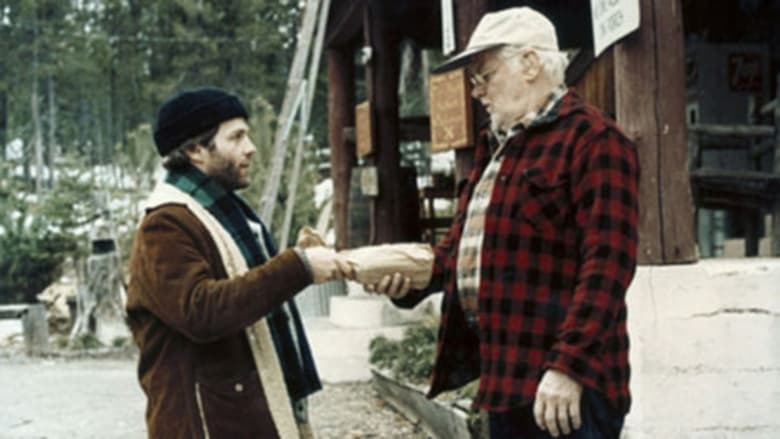
St. Helens (1982)
Centers on the events leading up to the cataclysmic 1980 eruption of Mount St. Helens in Washington, with the story beginning on the day volcanic activity started on March 20, 1980, and ending on the day of the eruption, May 18, 1980.
Watch Trailer
Cast


Similar titles
Reviews
This movie purports to be a true story, but other than some geographic references, it is true only in that Mount St. Helens erupted violently and two of the fatalities. While the differing perspectives of innkeeper Harry Truman and geologist David Johnston on the peril posed by the volcano could have made for a compelling human interest drama; but while the acting is generally acceptable, this isn't it. The special effects are laughably cheesy, even given the state of the art in 1981, and the music is screwy. Much of the geologic phenomena that the movie associates with the eruptions are pure fantasy, and the sequence of the eruptive events before the final blast is entirely wrong. The actions of the local logging industry as conditions became more dangerous are misrepresented, as is the response in towns affected by ashfall. The climactic line of the movie is yelled without any context to indicate what the actor is talking about. As someone who has studied the events at Mt. St. Helens, the only way I would recommend this fiasco is to fans of Art Carney, who valiantly tries to carry the film. The stock footage of the St. Helens eruption is better seen in a context that rightly explains the eruption, rather than exploiting it in such absurd terms.
First I must take issue with the reviewer who found this film boring because he classed it as a disaster movie, and felt there was not the suspense necessary for a good disaster movie. Personally I would question whether disaster movies really comprise a distinct category - they are dramas in the thriller category where the more usual dramatic excitement of violent action is replaced by the tension of waiting to see whether or not the impending disaster can be staved off. To maintain this tension, such a movie has to be based on a fictional story. By contrast, films of real events can be full documentaries which were filmed only in advance or concurrently; or semi-documentaries in which some of the essential scenes have had to be fictionally, but as accurately as possible, reconstructed and filmed after the event. St. Helens clearly fits this latter category. Such films should have a sufficiently dramatic story to retain the viewers interest throughout, but they also have a very important role to play in conveying to the general public in dramatic terms the actual impact of the event in question on the lives of the ordinary people who were affected. We judge the success of semi-documentaries from the extent to which they succeed in satisfying these two objectives. In my view St. Helens meets both objectives well, and was artistically a most successful film. Volcanic eruptions are not rare events, but the eruption in North America of a volcano generally regarded by the public as extinct, attracted enormous public attention as events unfolded day by day. Millions in North America experienced dull skies and falling ash over a period of several days, and those of us who are old enough remember the story very well. Ultimately this eruption cost fifty nine lives, but two of these in particular provided the media with ongoing human interest stories and later provided the core story for this movie. One was the young geologist from the U.S. Geological Survey who allowed his enthusiasm to run away with him to such an extent that he was conducting monitoring in an area very close to the mountain when the eruption took place. He saw it happen, and had time to report it by telephone before he was overwhelmed by the escaping gases or falling rocks. The other was the elderly retired man living alone in a cabin on Spirit Lake very close to the volcano who consistently refused to be evacuated until too late. These are the principal characters in this semi-documentary, and both are portrayed very sympathetically so that their self destructive behaviour becomes quite understandable. I would rate this as a very good film - I also have an 'official' full documentary account of this eruption on videotape, it provides many interesting facts about the scientific impact on the area; but this dramatised semi-documentary with its human interest stories is the one which will bear watching repeatedly, and it is commendably careful not to seriously distort any of the facts in the interests of artistic licence. We may never be near a volcano that is threatening to erupt, but we read about such eruptions each year and this film helps to give us a better understanding of what one is really like.
With its low-key acting, and real, believable characters, this film was a superb re-enactment of what became a nightmare for those closest to it. At first, no one is able to believe what is predicted to be coming. Gradually, the reality becomes inescapable. Art Carney, as Harry S. Truman, is completely believable, and understandable, as a man set in his ways and content with his life, unwilling to run away and perhaps unable to comprehend the totality of the disaster that is looming. How very human! We would all like terribly realities to go away, but often they are worse even than the forecasts. In light of 9/11, the poignancy of the human relationships in this film is even greater. We are so vulnerable in the face of many of the events of life, and the most important things we have to cling to are each other, and our relationships to the people we love, and to life itself. A haunting, under-rated film.
Like most docu-drama disaster flicks, this film is pretty boring and has little to note. About all it has going for it is the fact that you know how the film is going to end... in disaster. The only reason you keep watching this is the morbid curiosity of which characters are going to die.



